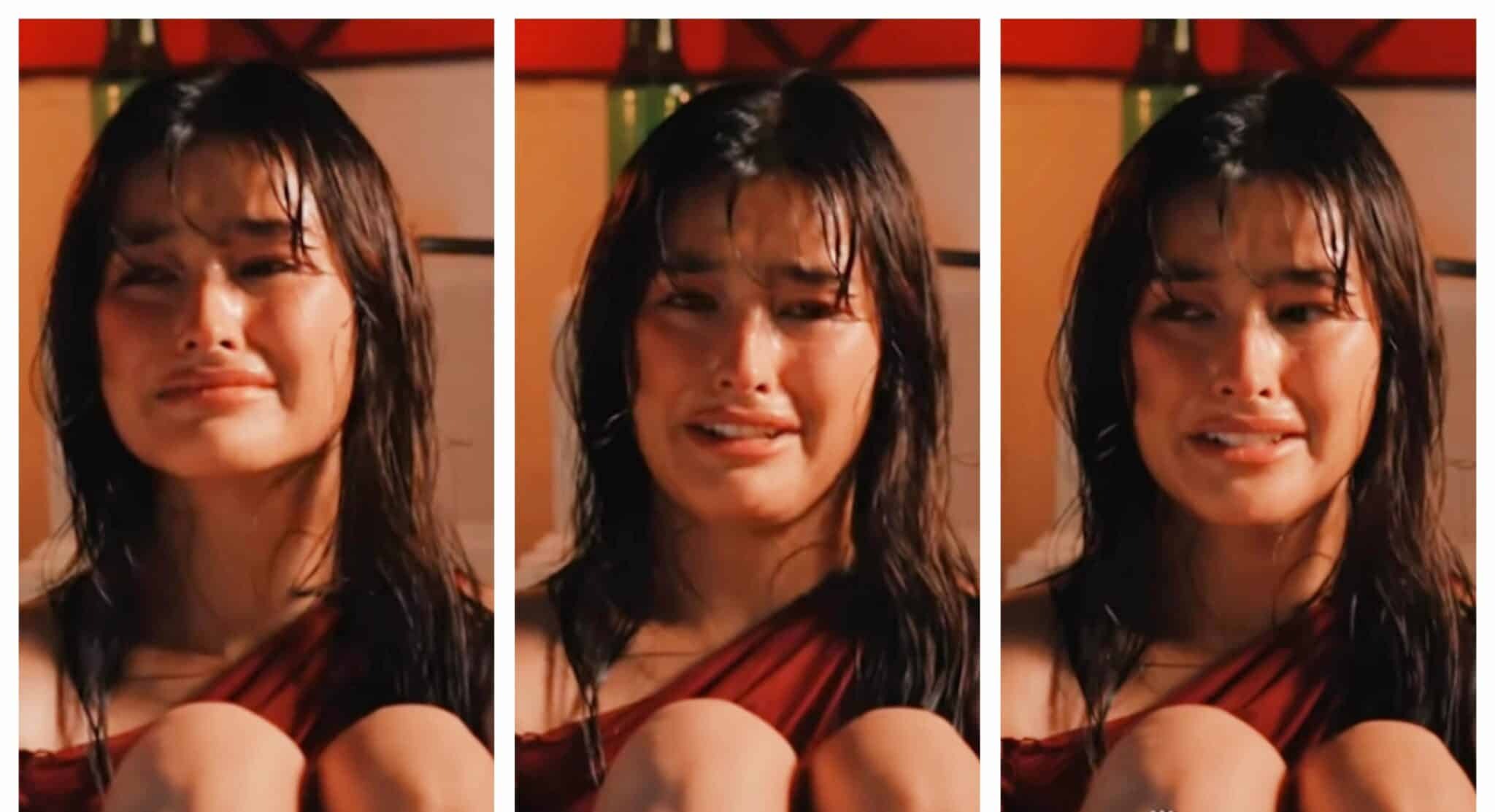When Liza Soberano bravely stepped forward to share the darkest, most vulnerable parts of her childhood, she didn’t just tell her story—she lifted the veil on a silent epidemic. Her voice, powerful and unguarded, became a beacon of hope and a wake-up call.
Born to young, overburdened parents struggling with addiction and legal issues, Liza’s first years were shaped by chaos. Her mother’s battle with crystal meth, her father’s criminal entanglements, and dramatic family instability cascaded into nightmares that no child should ever face. Between flash memories of fear, foster care that turned abusive, and being left to sleep in a garage or endure dehumanizing commands like “be the family dog,” Liza pieced together her identity amid trauma and loss.

To speak of such things publicly requires unmatched courage. In doing so, Liza gave voice to the millions who suffer unnoticed—who internalize shame instead of finding solace. Her story, revealed in a candid episode of the podcast-documentary Can I Come In?, reverberated far beyond social media. It touched government agencies, child advocates, and every heart watching.
Within days, the Department of Social Welfare and Development (DSWD) and the Council for the Welfare of Children (CWC) publicly saluted her bravery. They praised her not just for revealing her past, but for prompting essential conversations about child protection, trauma, and silent suffering. Her narrative became a mirror to society—a reminder that such atrocities often happen behind closed doors, and that speaking up can disrupt cycles of abuse and stigmatization.
The DSWD underscored the gravity of her disclosure, noting that revisiting traumatic wounds isn’t easy—and yet, speakers like Liza open the door for collective healing. They emphasized the urgent need for systems that prioritize support, swift intervention, and counseling for victims.
In parallel, the CWC highlighted childhood trauma’s long, insidious aftereffects—how abuse becomes invisible scars that shadow adulthood. They urged communities, government, and families to strengthen the mechanisms that protect children, to self-examine and respond before harm spreads.
This response invites a deeper reflection: In a world brimming with stories, why do the ones about pain and survival resonate most? Because they remind us of our shared humanity—and of our duty to protect it.
For Liza, her vulnerability became a strategic act of advocacy. She framed her revelation not as a weapon but as a tool for empathy. Her follow-up message on social media was profound: she thanked her younger self for holding on, honored every survivor hiding their truth, and reminded us that public figures can—and should—use their platform to uplift others.

More than that, she called out the silence that comforts abusers and isolates victims. “If I don’t speak up, what chance do others have?” she asked. In that question lay the answer: speech becomes solidarity.
This isn’t the end of her journey—but a powerful beginning. By transforming personal pain into public purpose, Liza Soberano illustrated that survival isn’t silent. It’s loud. It’s demanding change.
Her story is a blueprint for the change we need: stronger child protection policies, accessible mental health support, more vigilant families, and a society ready to confront pain instead of overlooking it.
One courageous confession—one that shatters shame and replaces it with action—can ripple through generations. By choosing to speak, Liza didn’t just heal herself. She offered a lifeline to every child still searching for one.
May that be the legacy we build upon.
